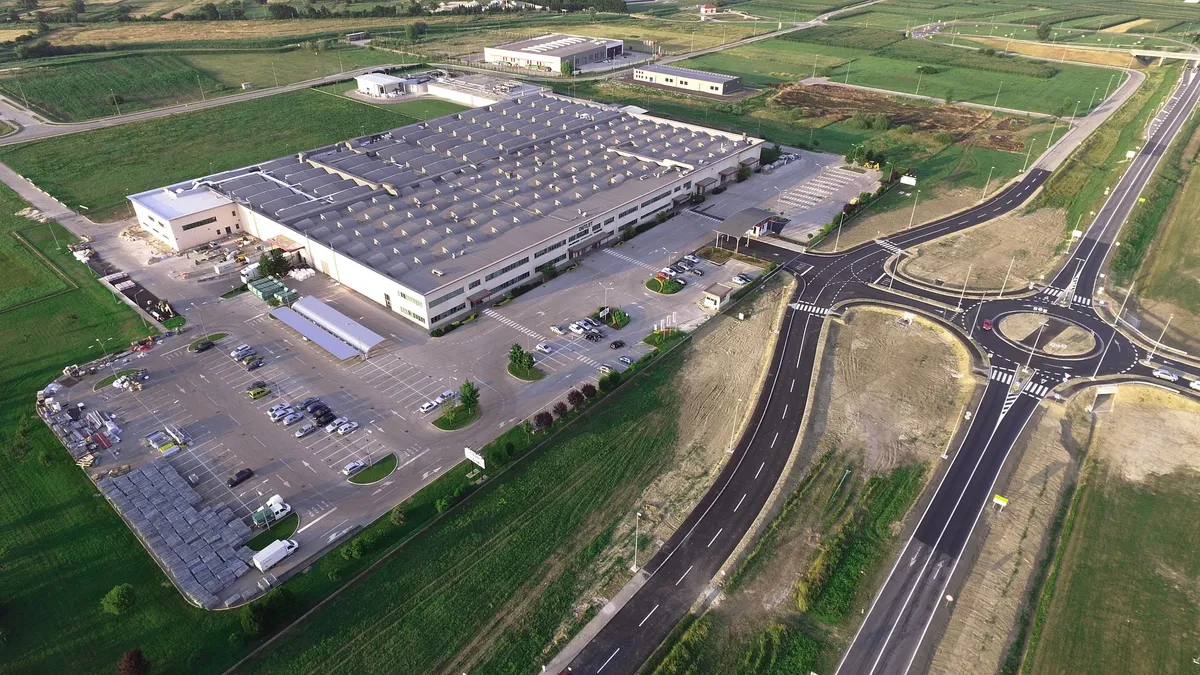Dive Brief:
- CBRE, the industrial real estate firm, recently opened an Omnichannel Real Estate practice, aimed to meet the needs of customers seeking to combine their brick-and-mortar store portfolios with expanding real estate networks for e-commerce distribution and fulfillment, Logistics Management reported.
- The new practice will offer everything from planning supply chains to analyzing warehouse-labor availability, along with optimizing store portfolios and mining data to locate the right sites for distribution centers and store locations.
- CBRE executives liken the new practice to a concierge service, wherein the company applies its real estate expertise to the retailer in need's issues about the location and other matters.
Dive Insight:
The shift from brick-and-mortar to e-commerce distribution models is shifting the way retailers look for warehouses, and the market is adapting accordingly.
An e-commerce warehouse is different from the traditional warehouse, given the distinct demands. Instead of sorting pallets, these fulfillment centers work with individual packages traveling to numerous locations. However, with retailers embracing omnichannel strategies, modern warehouses may find themselves simultaneously sorting store stock, home delivery orders and buy-online, pickup in store packages. Location considerations shift, too.
Three recent news items highlight the rising importance of warehousing decisions. In March, Gap announced all its warehouses would service both stores and e-commerce orders by 2018; and in April, Walmart decided not to build a warehouse it had planned in Merced, CA, citing a shift in location considerations. More recently, Flexe — the Airbnb for warehouses — announced it would use its national network to offer next-day delivery services to e-commerce brands.
As the need for e-commerce warehousing grows, so too will the need for 3PLs and advisors to manage it. Companies such as CBRE and Flexe are reading the tea leaves as they seek to remain competitive.












